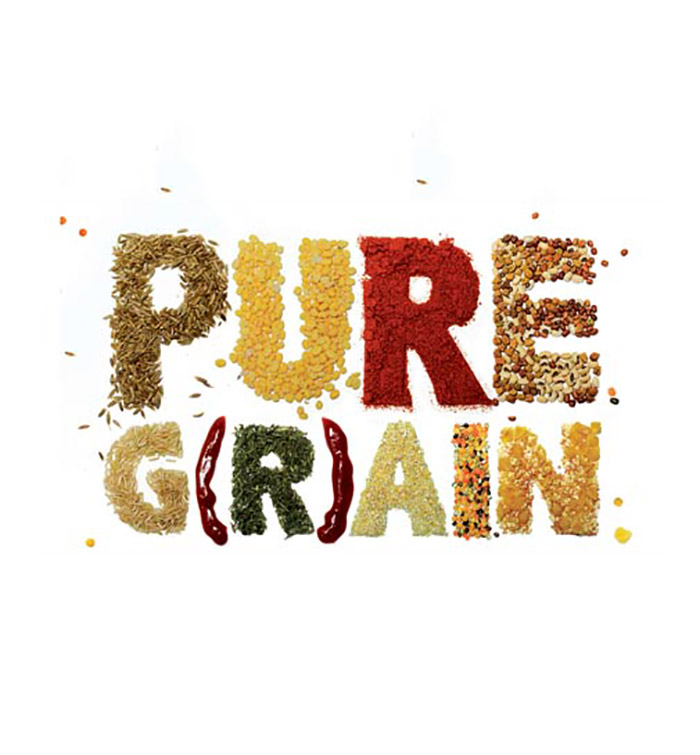Organic Grain Market Statement
The Australian organic cereals industry has experienced some major challenges in the last two years. 2014 was particularly challenging for producers and buyers alike, with declining supply and increased demand. Supply has declinedSince Primal Foods began marketing organic grain in 2011, we have seen on average eight growers per annum either cease to be organic or cease to produce crops. In 2013, we all felt the further blow of the floodplain group at Balranald ceasing production, who reliably produced 35% of the organic crop in Australia. Demand has increased
At the same time we have seen demand for organic cereals increase in all sectors – domestic & export and feed & milling. This is great news and should give organic growers and those considering moving to full organic production a lot of confidence.
Statistics show a 10-20% increase in organic market size and this is reflected in an increased demand for Australian organic grains.
In the last 3 years, prices have increased significantly. The 2014 crop achieved record prices for growers – driven by both strong new demand and reduced yields. This is not an ideal market for growers or buyers. For growers, high prices sound great, but against low yields their returns are less than anticipated.
Buyers are frustrated because they cannot buy the quantity they need. They can find it difficult to find the quality that their products require while still having to pay higher prices in order to keep their contracts going.
In 2014 we saw prices double and up to triple conventional grain prices ex farm. These prices are not sustainable long term. They will eventually lead to reduced demand or an increase in imported grain products. Most processors are importing products to some degree, but it is not ideal and does not support their own milling operations. Demand outstripped supply in 2014, due to declining yields and strong new demand for organic grain As mentioned in the Organic Grain Statement above, reduced production and low yields created a lot of heat in the organic grain market in 2014 – some in the industry are referring to this as a shortage. In fact, the organic grain market in Australia has been held back for a long time due to poor visibility – where buyers are and what they need as well as where sellers are and what they have. Primal Foods was created to provide visibility within the organic market in Australia. And we are confident now that if anyone is looking for grain we know where it is. Nevertheless, the domestic market in Australia could sustain double the current rate of consumption, if processors were confident of supply to meet their demand during any year. What that means is if processors can secure commitments to grain long term, they will increase their demand even more than it is currently. Add to this the demand for export grains, and Australia could comfortably increase its production to 150,000 mt pa without significant surpluses. If we could achieve this, we would see a lot more stability in the market than we have currently, for a start, pricing would be better understood and accepted. With more confidence in supply, more options for marketing grain and more chance to specialise will become available.
What is happening now?
NCO & ACO have responded to the call – first NCO and then ACO recreated grower liaison roles, which is a resource to support growers, increase sharing of information between growers and encourage new growers to consider the benefits of organics. Primal Foods released a range of alternative feeds to grain this year, to take some heat and contention out of the feed grain price and enable dairy and poultry producers to manage performance with less grain. Primal foods is working with certified producers who are not producing and working through the issues that may have lead to reducing or quitting grain production. We are also seeking out, those growers who crop to the principles of biodynamics, but are not certified organic and working through plans to gain certification and manage transition.
Primal Foods has identified markets for In-Conversion grain so that new organic growers are able to achieve some premium for their grain.




